Sustainability technologies – South Korean companies develop tire using chemically recycled PET 07-03-2024
Sustainability technologies
Crude Oil Prices Trend

Crude Oil Prices Trend by Polyestertime
Maire is driven by sustainability technologies
Maire, the Italian engineering company, experienced a substantial surge in both revenues and margins, largely propelled by its Sustainable Technology Solutions (STS) division. In the fiscal year 2023, Maire’s revenues reached 4.3 billion euros, marking a 23% increase from 2022, with a gross operating margin (Ebitda) of 274.4 million euros, up by 31%, and a net result of 129.5 million euros, a 43% rise. New orders totaled 11.2 billion euros, boosting the backlog to 15 billion euros.
STS, encompassing NextChem, Myrechemical, and Myreplast, contributed significantly to this success, with revenues of 261.8 million euros, a 43% increase from 2022, and an Ebitda of 65.1 million euros, up by 84%. Throughout the year, STS secured nearly 300 million euros in new orders. Sustainability technologies
Meanwhile, the Integrated E&C Solutions (IE&CS) division generated revenues of nearly 4 billion euros, a 22% increase, and an Ebitda of 209 million euros, up by 20%.
Maire unveiled its 2024-2033 strategic plan, anticipating revenues exceeding 10 billion euros and an Ebitda of approximately one billion euros by 2033. The company foresees significant growth in the first five years, particularly in volume, while profitability will be driven by technological advancements and high-value integrated projects. Over the next decade, Maire plans to invest over 1 billion euros, with a focus on expanding its technology portfolio and validating new solutions, primarily through selective acquisitions and internal R&D, especially within the STS division in the initial five years. Sustainability technologies
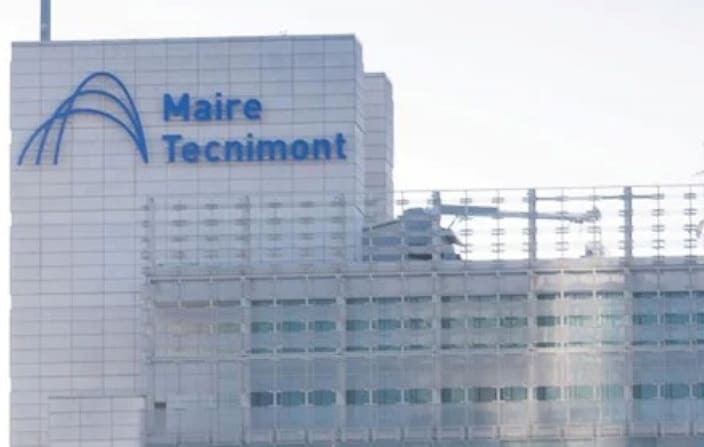
South Korean companies develop tire using chemically recycled PET
The collaboration of SK Chemicals, Hyosung Advanced Materials and Hankook Tire has resulted in high-strength tire cords and tires designed for EVs.
To reduce carbon emissions, three South Korea-based companies say they have developed and commercialized the country’s first tire using chemically recycled polyethylene terephthalate (PET).
SK Chemicals, Hyosung Advanced Materials Co. Ltd. and Hankook Tire & Technology Co. Ltd. say they have successfully developed the electric vehicle- (EV-) exclusive tire, dubbed iON, by applying circular recycled PET fiber tire cords. The companies say circular recycling is an exclusive chemical recycling technology of SK that breaks down scrap plastics through chemical reactions into molecular units and then uses those raw materials to produce recycled plastics. Sustainability technologies
The three companies collaborated to develop the iON tire over a period of about two years. SK has supplied its SKYPET CR recycled PET, and Hyosung Advanced Materials developed the high-strength recycled PET-based tire cords using SKYPET CR as a raw material. The cords were applied to Hankook Tire’s premium EV tire brand, iON. The tire, with 45 percent sustainable material content, has recently passed reliability verification by a European automotive manufacturer, securing final approval for use and being mounted as tires for new vehicles, according to the companies.
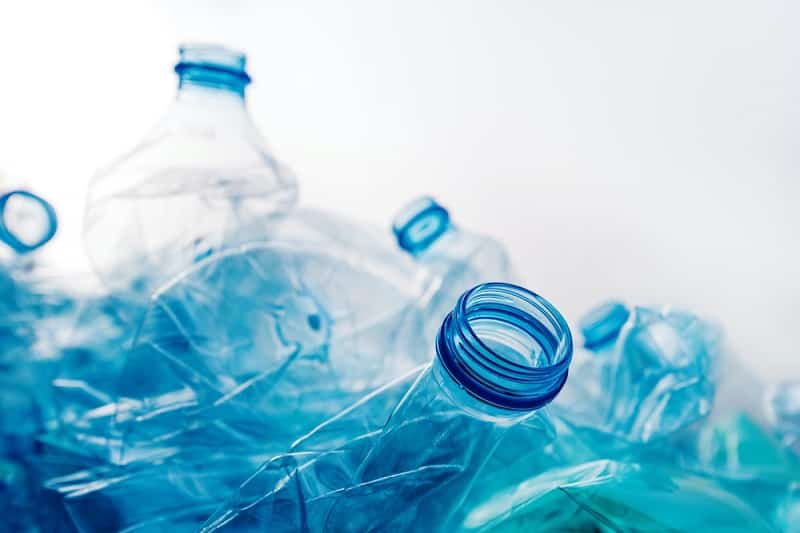
Bekaert, Toshiba partner to boost green hydrogen production with MEA technology
Bekaert and Toshiba Energy Systems and Solutions Corporation (“Toshiba”) have forged a global partnership aimed at accelerating the production of green hydrogen on a large scale. Sustainability technologies
This collaboration includes a strategic cooperation agreement and a manufacturing technology license for Membrane Electrode Assemblies (MEA), a crucial component for Proton Exchange Membrane (PEM) electrolyzers. The partnership builds upon their recent collaboration efforts since signing an MoU in September 2023.
PEM electrolyzers split water into oxygen and hydrogen using electricity, with zero greenhouse gas emissions when powered by renewable energy. The catalyst in PEM anode electrodes relies heavily on iridium, a scarce metal.
Hence, reducing iridium content is a significant breakthrough for wider adoption of these technologies. Sustainability technologies
Through this agreement, Bekaert’s expertise in Porous Transport Layers (PTL) will merge with Toshiba’s iridium-saving MEA technology, enabling a remarkable 90% reduction in iridium usage. This reduction will ensure a more stable MEA supply, fostering the expansion of green hydrogen production.
Bekaert will commercialize MEA production leveraging its global network and manufacturing base in Belgium. Toshiba will license its iridium-saving MEA technology to Bekaert while focusing on further enhancing technical performance.
The agreement covers global operations, except for Japan-related projects, which will be addressed separately. Sustainability technologies
Inge Schildermans, Senior Vice-President of Bekaert’s Energy Transition business, expressed enthusiasm for partnering with Toshiba to industrialize and commercialize the innovative PEM MEA technology. Shigehiro Kawahara, Vice-President of Toshiba ESS, believes their collaboration will effectively meet the surging demand for green hydrogen and contribute significantly to realizing a green hydrogen society.
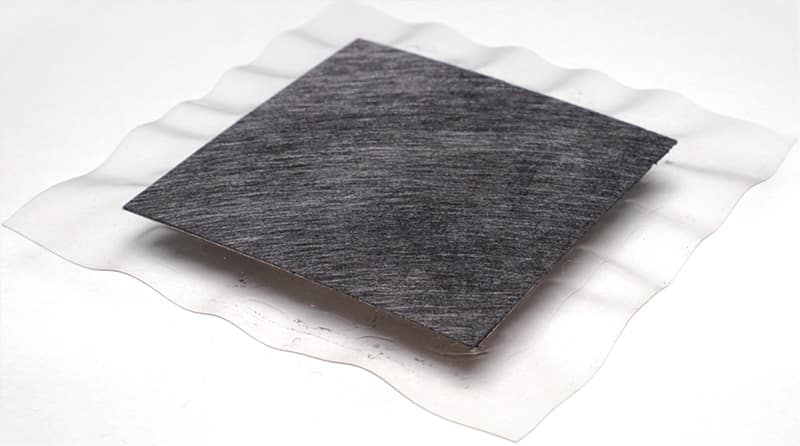
ColossusTex introduces a groundbreaking graphene yarn to the market
ColossusTex, an Indian textile supply chain firm, has introduced an innovative graphene yarn with a host of remarkable features.
This new yarn exhibits a remarkable antibacterial efficacy of 99%, effectively eliminating odors and reducing the risk of skin ailments. Moreover, it incorporates far-infrared healthcare technology, fostering microcirculation on the skin’s surface, enhancing blood flow, and augmenting cellular metabolism. Sustainability technologies
Offered in various polymers such as Polyester Filament, Nylon Filament, and Cotton Nylon Blends, the Graphene Yarn provides versatile solutions for diverse applications.
Rohit Dev Sethi, Managing Director of ColossusTex, expressed his excitement about the product launch, emphasizing its pioneering nature and contribution to sustainability. He remarked, “ColossusTex’s Graphene Yarn represents a significant leap forward in innovation and sustainability. We are excited to introduce this groundbreaking product, which underscores our commitment to pushing boundaries.
These advancements reflect our dedication to future-proofing businesses, ensuring sustainability, and delivering substantial returns on investments through tailored and pioneering approaches.” Sustainability technologies
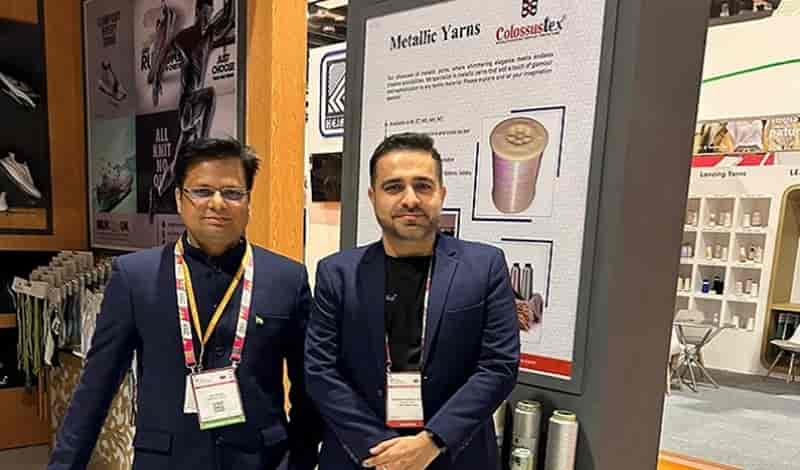
Reliance partners with Elephant House, a top Sri Lankan brand
Reliance Consumer Products Limited (RCPL), a subsidiary of Reliance Retail Ventures Limited (RRVL), has entered a partnership with Sri Lanka’s Elephant House to produce, distribute, and sell Elephant House beverages in India. This collaboration expands RCPL’s beverage portfolio, including esteemed brands like Campa, Sosyo, and Raskik, offering Indian consumers new products and value.
Elephant House, owned by Ceylon Cold Stores PLC, a subsidiary of Sri Lanka’s John Keells Holdings PLC, produces a variety of beverages under its brand, including Necto, Cream Soda, and Ginger Beer. Sustainability technologies
Ketan Mody, COO of RCPL, expressed enthusiasm, citing Elephant House’s esteemed reputation and rich heritage. He highlighted the partnership’s goal of providing quality options to Indian consumers. Krishan Balendra, Chairperson of John Keells Group, echoed this sentiment, noting the significance of expanding into the Indian market and the commitment to offering high-quality beverages.
This partnership emphasizes both parties’ dedication to excellence and innovation, leveraging synergies to enhance market presence. RCPL aims to provide Indian consumers with a diverse portfolio of globally recognized brands and products of exceptional quality. The company’s FMCG portfolio includes renowned beverage brands like Campa and Sosyo Hajoori, confectionery lines such as Lotus Chocolates, and household staples under the Independence brand. Sustainability technologies
With a focus on multi-channel operations, RCPL is expanding its reach to diverse markets, solidifying its position in the industry.
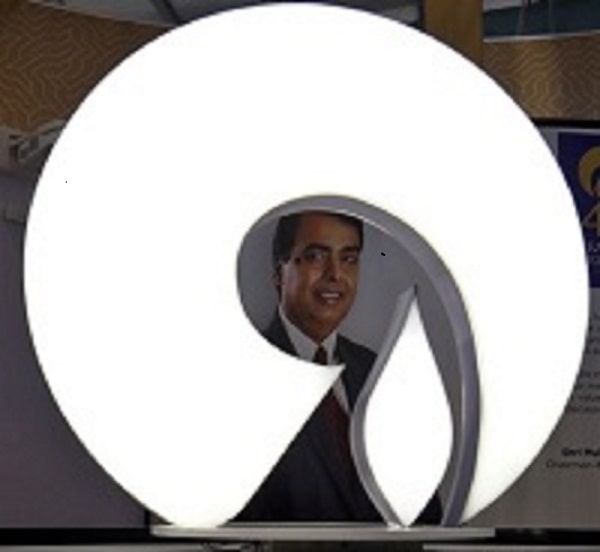
Many returned and unsold textiles end up destroyed in Europe
Textile consumption in Europe causes significant pressures on the environment and climate.
Part of these pressures comes from returned and unsold textiles that are destroyed and never used for their intended purpose. A new European Environment Agency (EEA) briefing looks at the issue and estimates the share of returned and unsold textiles that are destroyed in Europe and options to address this challenge. Sustainability technologies
The EEA briefing ‘The destruction of returned and unsold textiles in Europe’s circular economy’ provides an overview of existing knowledge on returned and unsold textiles in Europe. The briefing is underpinned by a technical report by the EEA’s European Topic Centre on Circular Economy and Resource Use.
Although data is scattered, best available evidence suggests that around 4-9% of all textile products put on the European market are destroyed without ever being used for their intended purpose. According to the EEA briefing, processing and destructing returned or unsold textiles can be estimated to be responsible for up to 5.6 million tonnes of CO2-equivalent greenhouse gas emissions, a figure that is slightly lower than Sweden’s net emissions in 2021. Sustainability technologies
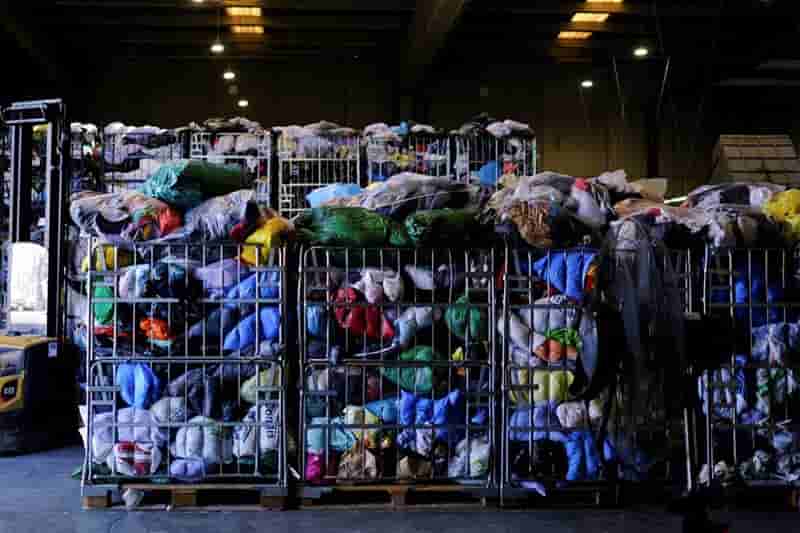
After Oronoco recycling center fire, are lithium-ion batteries a growing hazard?
The fire department spent six hours fighting the blaze and used 120,000 gallons of water, the equivalent of battling a structure fire in the middle of town
Jeremiah Watson sees some positives from the fire that broke out at his family-owned recycling center on Feb. 26.
No one was hurt. None of the business’ facilities or equipment was damaged. The wind pushed the fire in the most advantageous direction. And the fire occurred when workers were on site, not at night when a fire might have gone unnoticed for hours.
That said, a lot went wrong. Sustainability technologies
The recycling center does not take lithium-ion batteries, which — despite no battery remains being recovered — both Watson and Pine Island Fire Chief Brandon Sather agree was the cause of the fire.
And the battery that did make its way into Watson Recycling on the south side of Oronoco, Minnesota, became damaged or stressed in a way that caused it to start the Monday morning blaze in the middle of a pile of scrap metal.
“It was a spontaneous event, which is typical of lithium-ion batteries when they start fires,” Watson said. Sustainability technologies
A growing concern
These batteries, which are now showing up in more and more devices, tools and vehicles, are a growing concern for both public safety and environmental safety.
“Because those lithium-ion batteries are in everything, we need help from our customers,” Watson said. “If they know an item has a battery, we ask if they can remove that battery first.”
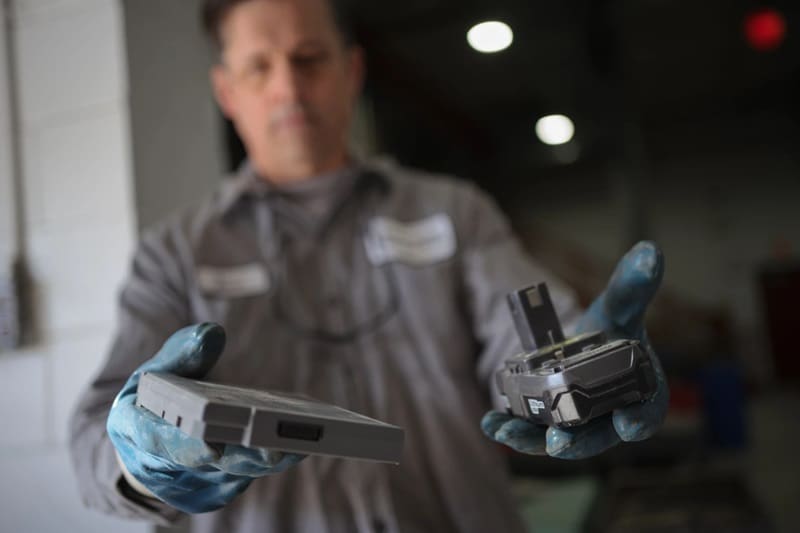
Pyrolysis catalysts – Indorama Ventures undergoes a restructuring of its operations 06-03-2024
Sustainability technologies
